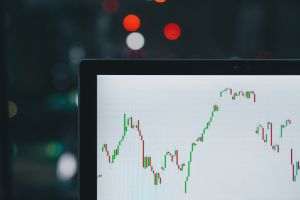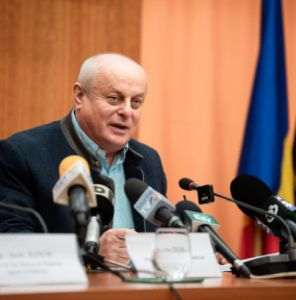Relations between the EU and Israel have been marked by increased complexity in recent years, being influenced by several geopolitical and economic factors, which has led to some tension between some decision-makers in Brussels and the government in Tel Aviv, he says Attila Kovacs, the research director of the Center for Fundamental Rights of the European Union, in an article published by the website index.hu. According to the cited source, the EU has been actively involved in Middle East politics, but its relations with Israel have had ups and downs, especially in the context of the Israeli-Palestinian conflict. Mr. Kovacs points out that, although after October 7, 2023 Ursula von der Leyen stated in Tel Aviv that she was on the side of Israel, the president of the European Commission has made statements in the last five years in which she stated that for the resolution of the conflict in the Middle East the best solution is to recognize the existence of two states - Israel and Palestine, an idea that is not embraced by the Israeli government.
The cited source states that recently, in Brussels, the first summit between the EU and the Gulf Cooperation Council took place, where the Israeli-Palestinian conflict was not on the official agenda of the summit, but the discussions on "major global challenges" reached , inevitably, and the situation in the Middle East, which confirms that Israel remains a central topic in EU foreign policy.
• Five years of conflict between Brussels and Tel Aviv
Attila Kovacs shows that, if we analyze the first mandate of the von der Leyen Commission, i.e. the period 2019-2024, we will notice that it was not a favorable one for Israel in relations with the European Union. A key point was the appointment of Joseph Borell, former foreign minister of Spain, as High Representative for Foreign Affairs of the European Commission, although he was known for his critical position towards Israel, which had a direct impact on EU policies in this direction. The quoted source claims that there were exceptions within the European Commission, among them the commissioner for the neighborhood policy, Oliver Varhelyi, who was the main supporter of the suspension, after the attack of October 7, 2023, of the aid granted by the EU to the Palestinian Authority, which attracted criticism both from within the Commission and from several MEPs.
At the level of the European Parliament, the 2019-2024 period was one marked by intense debates related to Israel. In total, the Parliament discussed and adopted 15 resolutions related to Israel, nine of which were passed in just seven months after the 2023 Hamas attack. This reflects the increased focus on Israel, but also an increasingly critical attitude from some political groups , especially the left ones.
Within the European Council, the positions of the member states played a significant role in determining the general attitude towards Israel. Ireland and Spain, for example, recognized the state of Palestine in the spring of 2023, a move that underlined the differences of vision between EU member states. This complicated context has made 2023 a difficult year for EU-Israel relations.
• Future challenges in the relationship between Israel and the EU
Bearing in mind that next month, after the European Parliament will vote on the composition of the new European Commission, a new institutional cycle of five years will be entered, the cited source shows that there are several aspects that will shape the EU's future relations with Israel:
1.The results of the American elections in 2024 will have a major impact on transatlantic relations and implicitly on the EU's position towards Israel. An eventual return of Donald Trump to the White House could bring stronger support for Israel, while a Democratic administration would have to strike a balance between support for Israel and relations with the Palestinian population.
2.The position of the European Commission under the new leadership will be essential. Over the past year, the Commission, under Ursula von der Leyen, has supported a two-state solution, but Israel has rejected that option. The new High Representative for Foreign Affairs will have to carefully approach relations with Israel and take into account tensions over migration and anti-Semitism, which are on the rise in Europe.
3.Israel's responses to regional and global challenges will significantly influence its relations with the EU. If Israel sees an opportunity to attack Iran, the escalation of the conflict could affect the global economy and, by implication, trade and diplomatic relations between the EU and Israel.
In conclusion, relations between the EU and Israel are complex and full of challenges, and recent developments show that the future of these relations depends on a number of internal and external factors. The EU will have to take a pragmatic and grassroots approach interests to maintain security in the region and contribute to global stability. At the same time, support for Israel's right to self-defense must be a priority, both in international forums and within the EU member states, the quoted source also claims.



























































